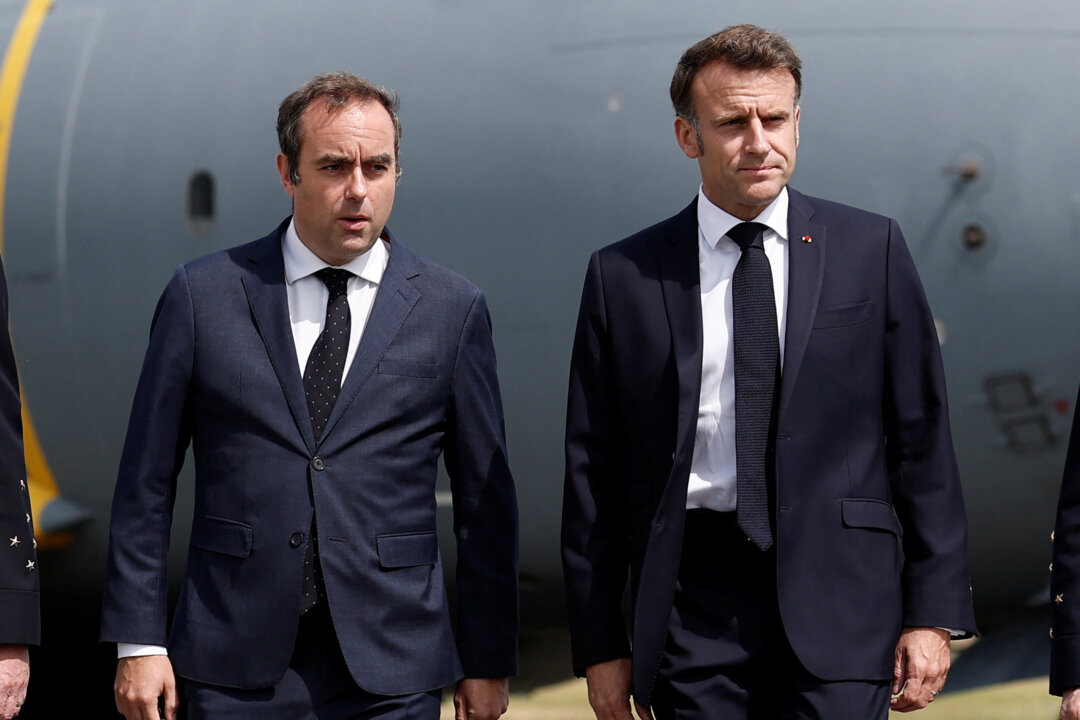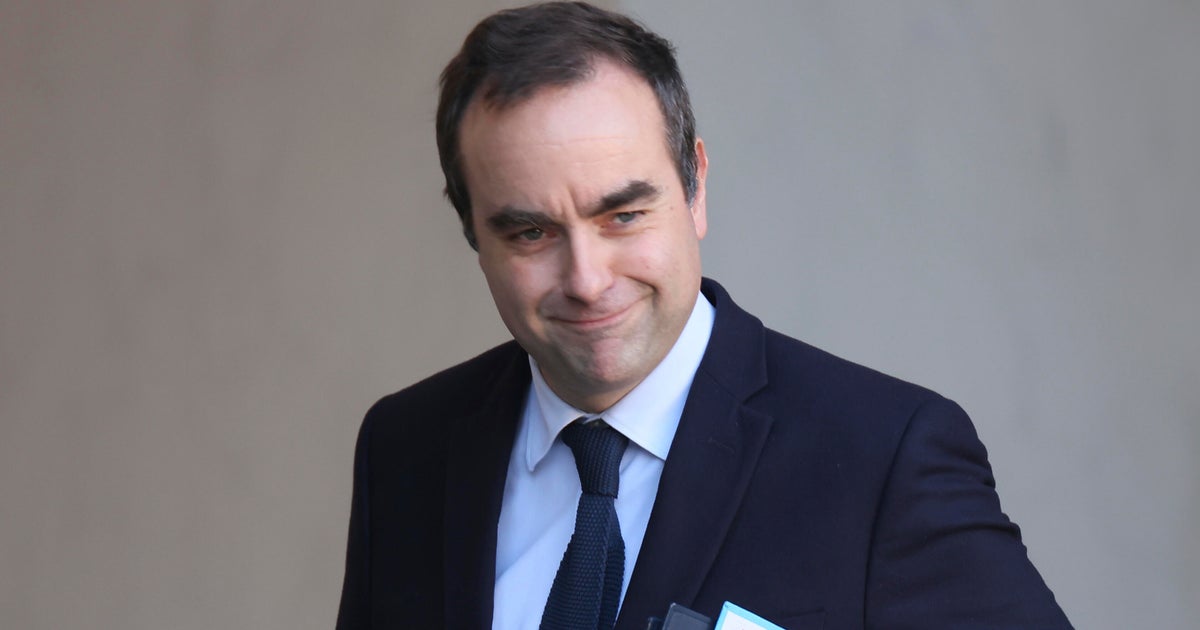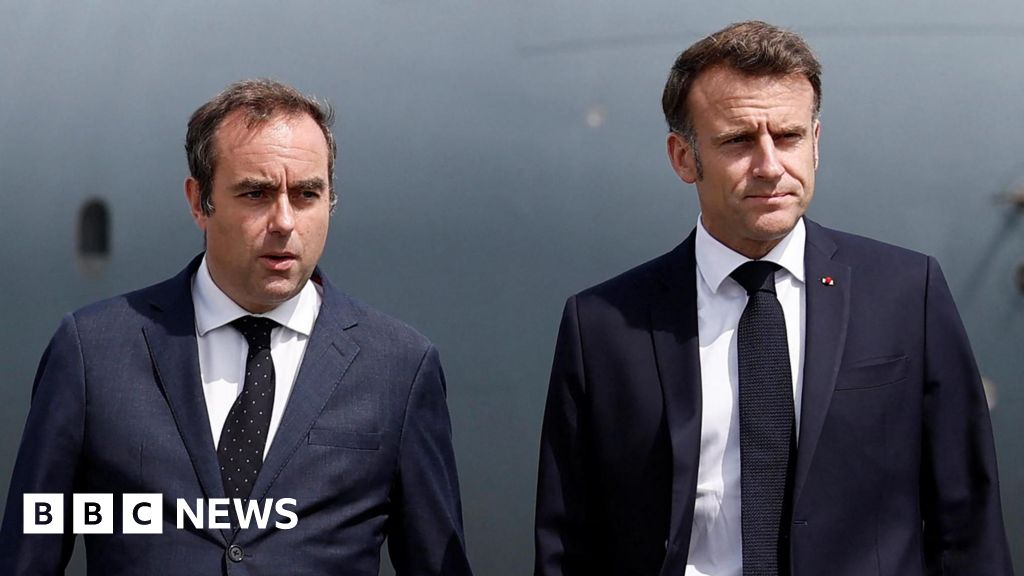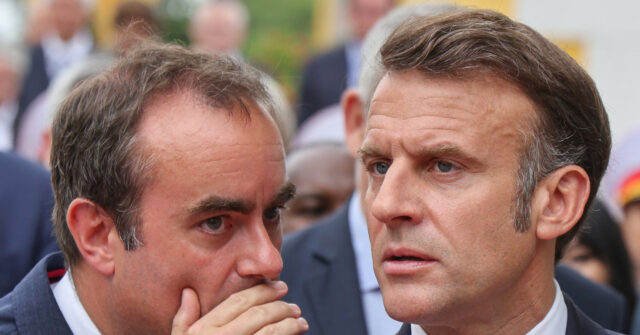France Appoints New Prime Minister Amid Political Turmoil
President Macron appoints Sébastien Lecornu as France's new prime minister, facing significant challenges including protests and a divided National Assembly.
Subscribe to unlock this story
We really don't like cutting you off, but you've reached your monthly limit. At just $5/month, subscriptions are how we keep this project going. Start your free 7-day trial today!
Get StartedHave an account? Sign in
Overview
- President Macron appointed Sébastien Lecornu as the new prime minister following a government collapse and a no confidence vote against the previous officeholder.
- Lecornu faces major challenges, including a deepening political crisis, looming protests, and a three-way split in the National Assembly.
- Macron's choice of Lecornu risks alienating the centre-left Socialist Party, making his government reliant on far-right support.
- Protests against the new government are planned, reminiscent of the 2018 'yellow vest' demonstrations, as the political left calls for mass action.
- Lecornu is now France's fourth prime minister in less than a year, highlighting the instability within the current government.
Report issue

Read both sides in 5 minutes each day
Analysis
Center-leaning sources cover the story neutrally, presenting a balanced account of Sébastien Lecornu's appointment as French Prime Minister. They provide factual context on the previous government's fall and Lecornu's background, while including diverse reactions from across the political spectrum. This approach avoids loaded language and offers a comprehensive overview of the political landscape.
Articles (5)
Center (2)
FAQ
Sébastien Lecornu is a French politician appointed by President Macron as the new prime minister amid political turmoil. He has held various governmental roles prior to this appointment, which include ministerial positions, giving him experience in public administration and governance.
Lecornu faces major challenges including a deepening political crisis, protests planned by grassroots groups amid austerity and inflation grievances, and managing a divided National Assembly with no clear majority, which risks making his government reliant on far-right party support.
The French government has experienced instability with four prime ministers in less than a year due to no confidence votes and government collapses. The National Assembly is divided into at least three factions, including the far right, and there is growing public unrest against austerity measures and political dysfunction.
Protests are planned, echoing movements like the 2018 Yellow Vest demonstrations, aiming to disrupt daily life through a 'Block Everything' strike involving transport and public services. These protests come from grassroots groups angry over inflation, austerity, and political gridlock, with authorities deploying tens of thousands of police officers in anticipation.
The far-right party, National Rally, has become influential in a divided National Assembly, with the new government potentially reliant on their support due to alienation of the centre-left Socialist Party. Far-right demonstrations have also occurred recently, protesting judicial decisions against their leadership, indicating their active political mobilization.
History
- This story does not have any previous versions.





